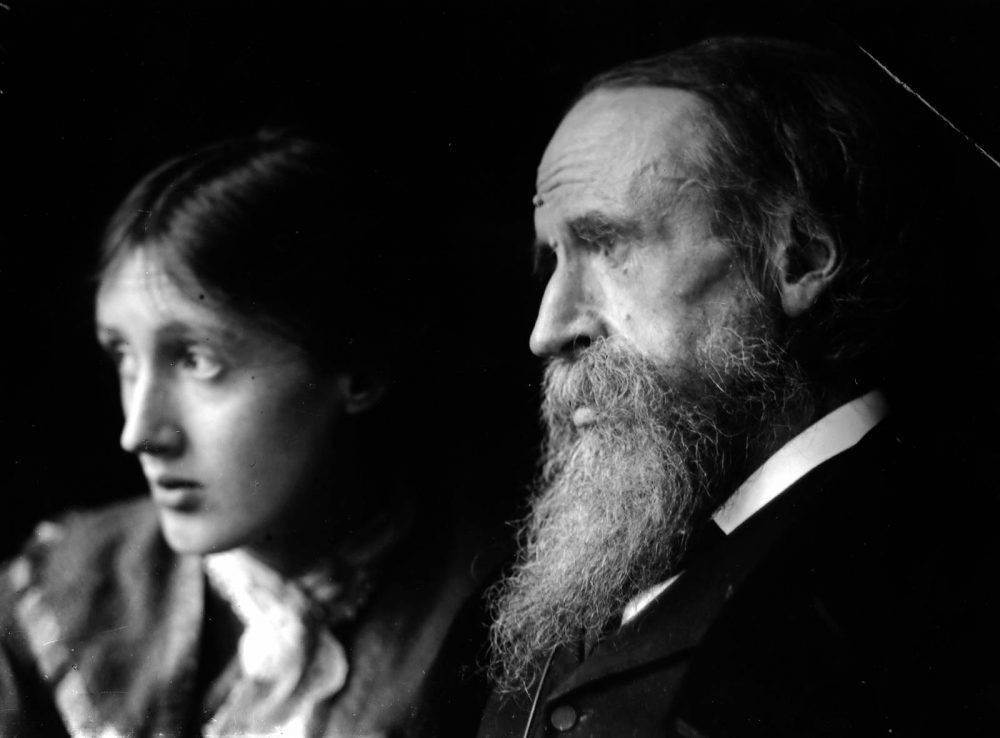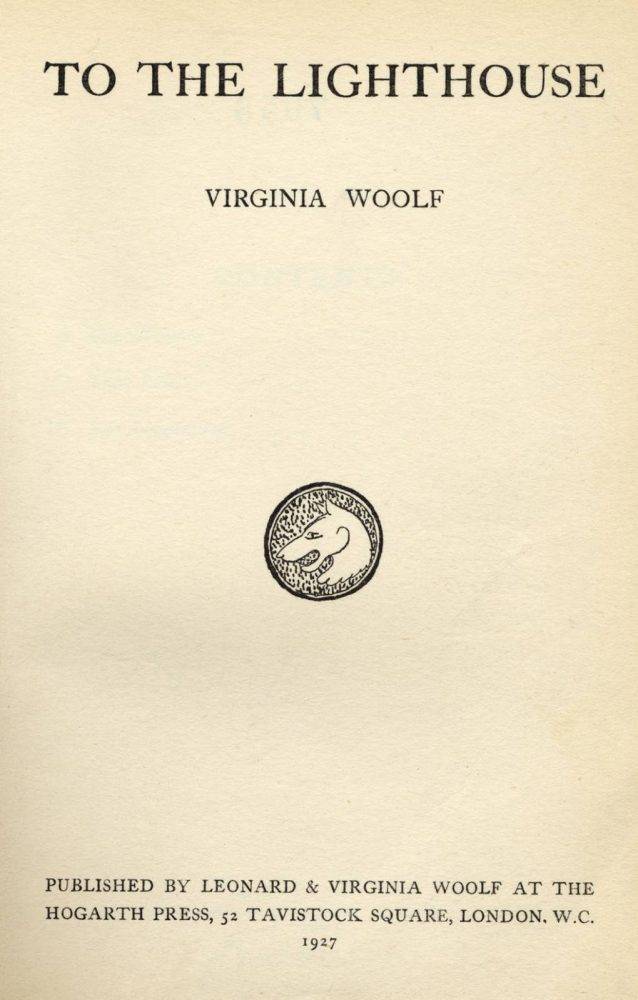Today, 96 years after the great writer’s seminal speech on women in fiction, what has changed?
Almost a century ago, in a cloistered and gendered academic environment, one of the most important speeches of the 20th century was delivered. The students of Newnham and Girton colleges at the University of Cambridge in England had asked for a speech on the topic “Women and Fiction”.
They had specified the subject because their colleges were female-only and they had invited one of the great writers of the time — indeed of any time — to address it. As they settled down to hear the speaker, they could hardly have guessed or supposed that their lives, and those of many others beyond the cocoon of Cambridge, were about to be changed forever.
“But, you may say, we asked you to speak about women and fiction — what, has that got to do with a room of one’s own?” So began Virginia Woolf on 20 October 1928, an opening salvo that she was to repeat six days later.
Curiously, no copies were made of her speech but it was to appear in published form as the essay A Room of One’s Own (Penguin, 1929), a tremendous boost to the struggling feminism of the day and a women’s suffrage movement exhausted by its efforts to gain the vote and to fight for other significant aspects of social, economic and cultural equality.
Today, 96 years later, reading the speech is to know that the fight is still far from over.
Woolf explained that, for her, the topic was difficult to approach and essentially unresolvable. What was it about? It “might mean, and you may have meant it to mean, women and what they are like, or it might mean women and fiction that they write, or it might mean women and the fiction that is written about them, or it might mean that somehow all three are inextricably mixed together and you want me to consider them in that light”.
She would be unable to come to a conclusion and not be able to fulfil “the first duty of a lecturer — to hand you … a nugget of pure truth to wrap up between the pages of your notebooks and keep on the mantelpiece for ever”.
Instead, Woolf said, “All I could do was to offer you an opinion upon one minor point: a woman must have money and a room of her own if she is to write fiction …”
From that kernel, she developed a rallying cry to the young women in her presence and beyond.
To remind her listeners of the prejudice they faced from men, Woolf sketched incidents of misogyny that befell her in the Oxbridge milieu. Walking along in deep thought one day, she strayed on to the grass of a college quadrangle. No sin in that, the contemporary reader might think, but such trespass is still out of bounds even today.
A beadle (college minor official) rushed over to Woolf, his face a mix of “horror and indignation”. Only the Fellows and the Scholars were permitted on the turf; for Woolf and others of her ilk, the gravel bordering the grass was their designated pathway.
Later, another denial, at the doors to the library of the same college: “… instantly there issued, like a guardian angel barring the way with a flutter of black gown instead of white wings, a deprecating, silvery, kindly gentleman, who regretted in a low voice as he waved me back that ladies are only admitted to the library if accompanied by a fellow of the college or furnished with a letter of introduction”.
Woolf shows in the essay that these physical barriers have their analogues, at least as powerful, in the educational, social, cultural and commercial opportunities denied to women.
To the first receivers of her ideas, her young Cambridge women listeners, nothing could have been more telling and emotive than the fictional figure Woolf invented to illustrate her case — Shakespeare’s sister.
Imagine, says Woolf, if Shakespeare had “an extraordinarily gifted sister”, whom we’ll call Judith. She was no less adventurous or imaginative than her brother but is denied schooling. No grammar and no logic (the cornerstones of education then though, alas, not in our day), no Latin and hence no Horace and Virgil.
But this remarkable young woman defies the marriage her father has arranged for her, escapes home by lowering herself down from her window by rope and, not turned 17, sets off to London with a small sack of belongings.
“She had the quickest fancy, a gift like her brother’s, for the tune of words. Like him, she had a taste for the theatre. She stood at the stage door; she wanted to act, she said.”

But, of course, she isn’t allowed to join the theatre because she is a woman. The fate that Woolf describes for Judith is terrible and one for the reader to discover.
It enabled Woolf to enlist young women then — and arguably all people now — to a great cause. She writes, “… our relation is to the world of reality and not only to the world of men and women” and Judith “lives in you and in me”.
Work for Judith, urges Woolf, and she will come, “and that so to work, even in poverty and obscurity, is worthwhile”.
Recruiting her Cambridge and later audiences to a grand notion, Woolf a century on might sound a little like delivering The Gospel According to Virginia. But the key reality is she practised what she preached.
In her sublime novel To the Lighthouse (published in 1927, a year before her Cambridge speeches), she examines the gulf between male and female thought and actions, as well as tracing the complexities of female creativity.
To the Lighthouse is the middle of Woolf’s three supreme Modernist novels, preceded by Mrs Dalloway (1925) and followed by The Waves (1931). It springs from Woolf’s own life, Mrs Ramsay and her husband being the flesh of her parents made word, and the setting on the Hebridean island of Skye is a relocation of the author’s childhood holidays at St Ives in Cornwall.
The lighthouse of the title is the destination for an excursion on the day after the events set out in The Window, the first of the novel’s three sections. Woolf acquaints us with the large cast of holidaying characters, including the Ramsays and their eight children, poet Augustus Carmichael, painter Lily Briscoe, pettifogging academic Charles Tansley, bristly housekeeper Mrs McNab and courting couple Minta Doyle and Paul Rayley.
Tension simmers because the youngest Ramsay, James, is insistent on visiting the lighthouse, which draws from his egocentric father’s determined rebuttals that the weather on the following day won’t allow them to reach it by boat.
Doomed as a philosopher because his chief concern is always for himself, Mr Ramsay and the grasping social (and academic) climber Tansley make a not-so-rum pair of pointyheads, although they are constantly in conversation.
More sympathetic on the male side of the characters is the old Augustus, not prone to physical activity, givenhis portliness and temperamental sluggishness.
It’s in Lily the artist that Woolf lays out the creative struggle women face, and the existential problems that hinder their creative articulation and fulfilment. Lily, if you fancy the allusion, is Judith Shakespeare living and breathing on the page. As Woolf said to her audiences at Cambridge: “But she lives, for great poets do not die; they are continuing presences; they need only the opportunity to walk among us in the flesh.”

A summer day goes by, almost two-thirds of the book, an ominous foreshadowing to the brief second part, Time Passes, and the denouement of the final section, The Lighthouse. From that sequence you might deduce that the lighthouse is aspiration, frustration, denial, acceptance, acquiescence and achievement.
In only 220-odd pages, the novel evokes what it is to live, to be alive second by second and minute to minute. Here is a portrait, intimate but clear-seeing, of family, friends and enmities, acutely observed and superbly rendered.
The hours of this summer day are filled with conversation, observation, kindness, brutishness, beauty, wisdom, foolishness, food, drink, laughter, argument, pathos and bathos.
Marcel Proust needed a voluminous seven-part novel, À la recherche du temps perdu (Remembrance of Things Past), to capture all those and to recreate human living. Woolf, with not a single superfluous word, needed one-seventh of that to achieve the same profound impression.
As much as anything Woolf says in To the Lighthouse about female versus male principles, that shows the triumph of Shakespeare’s sister, who came because Woolf worked for her to be able to appear at last.